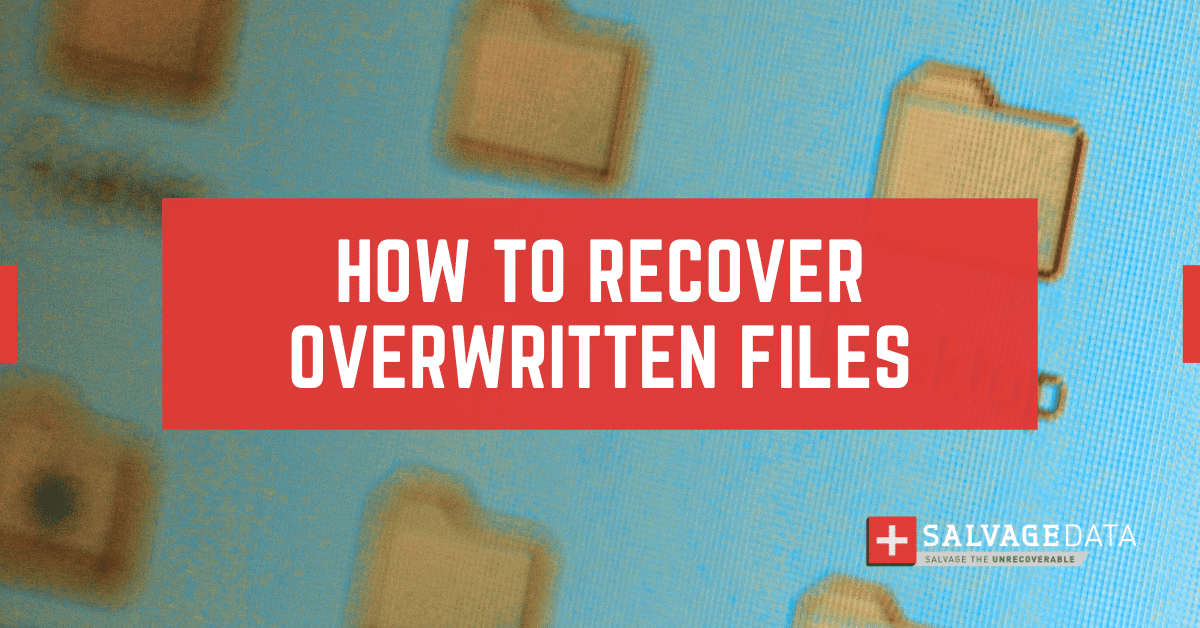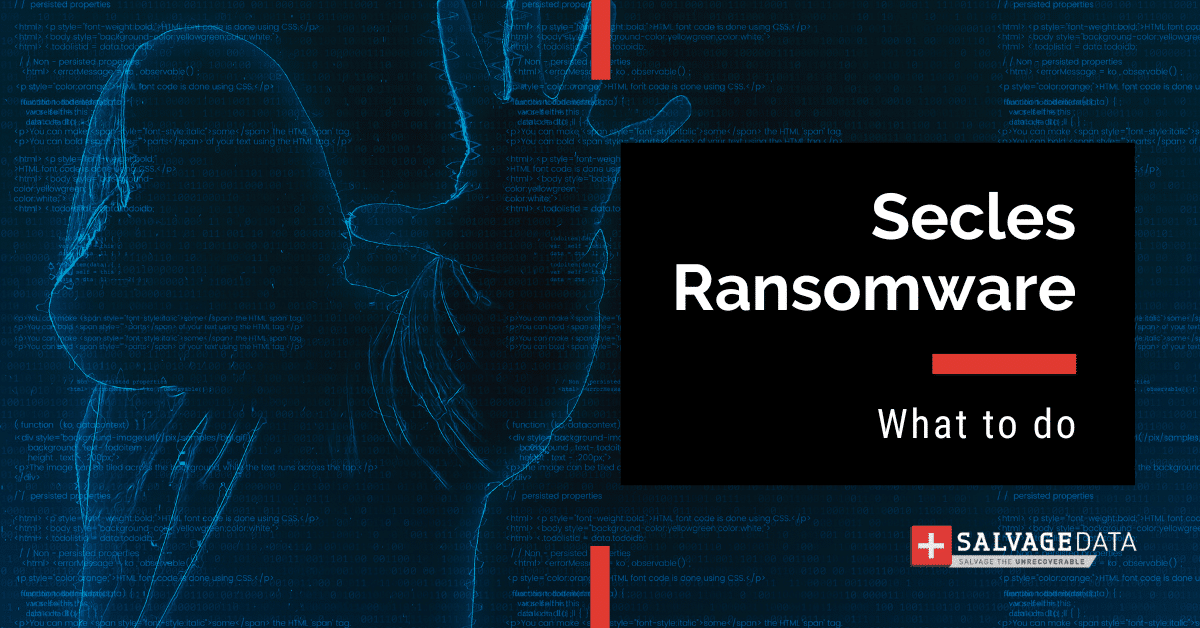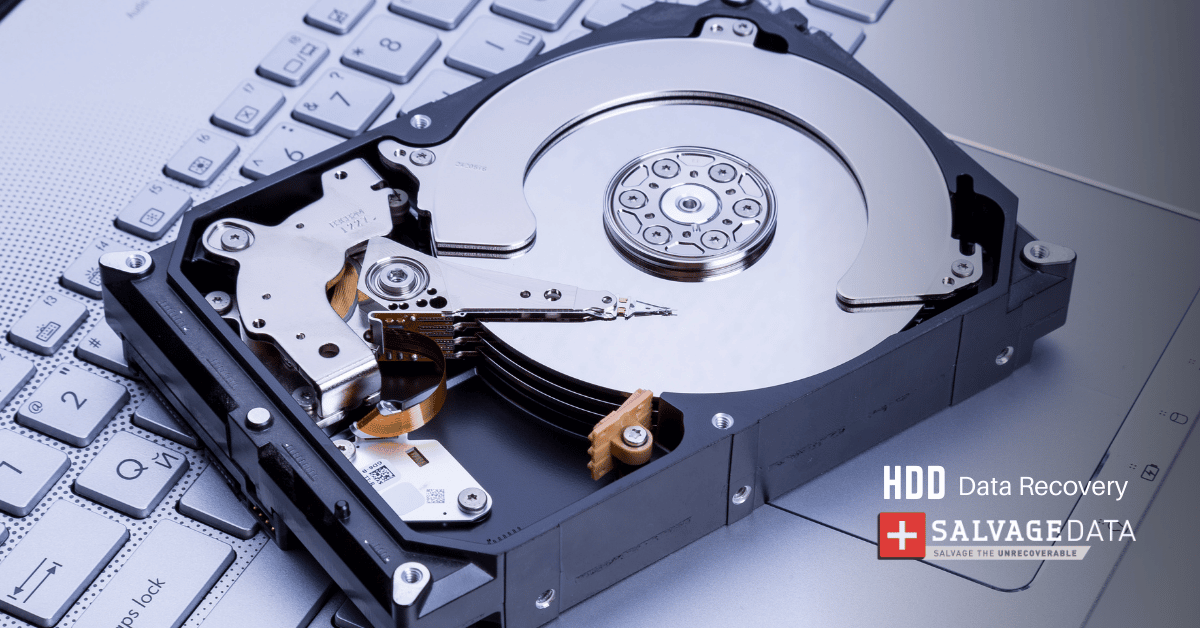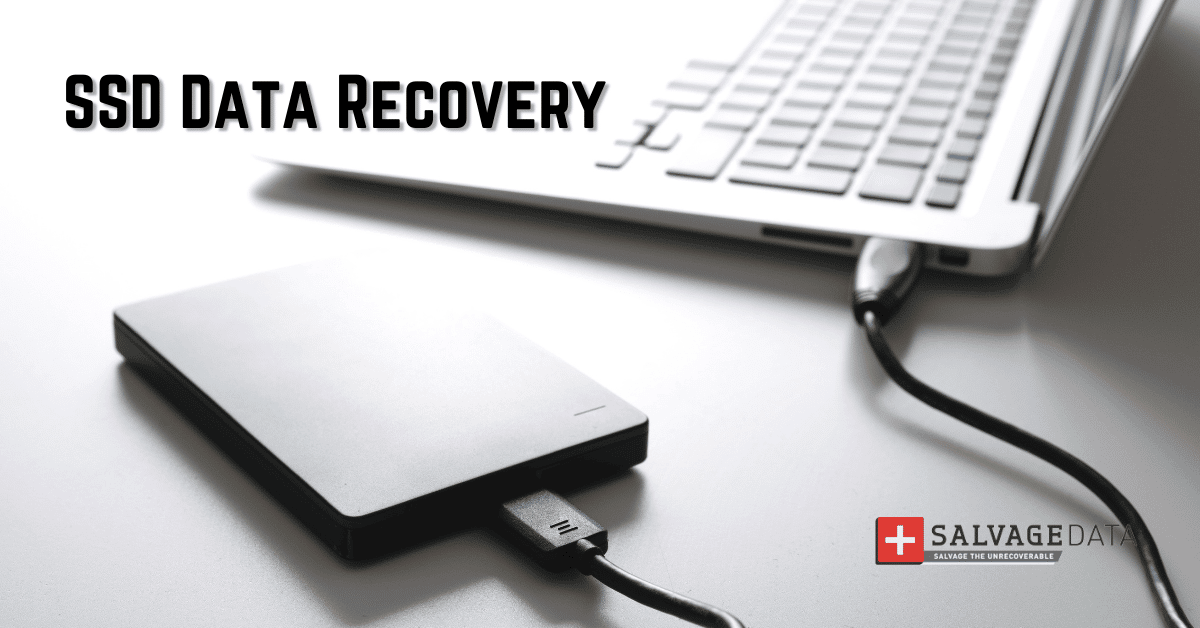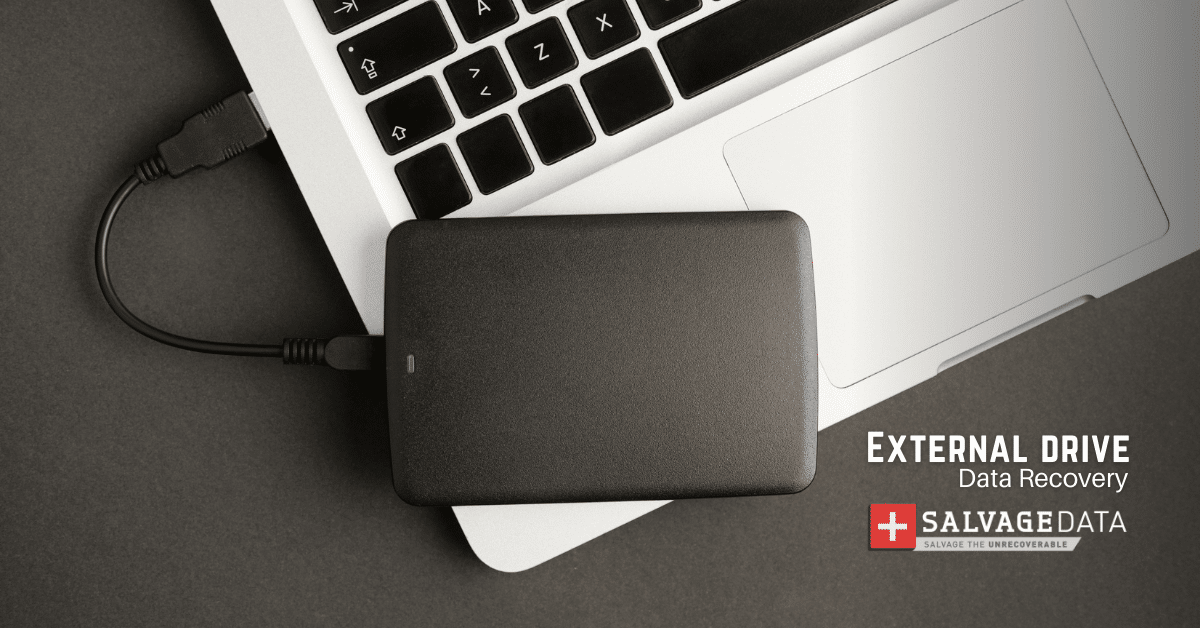Recent Articles
How To Recover Overwritten Files
The Snowflake Data Breach: A Comprehensive Overview
Mac Not Recognizing External Hard Drive: Quick Fix Solutions
How Multi-Cloud Backup Solutions Can Prevent Data Disasters
Capibara Ransomware: What is it & How to Remove
What Should a Company Do After a Data Breach: The Ticketmaster Incident
Secles Ransomware: Removal Guide
What To Do When Your Chromebook Freezes
How to Create Hyper-V Backup
What Is The Best Data Recovery Software For PC

I think there's an issue with my storage device, but I'm not sure Start a free evaluation →
I need help getting my data back right now Call now (800) 972-3282
The COVID-19 pandemic has had far-reaching effects on just about every aspect of a business. One of many questions it raises is:
How has backup and data recovery planning changed?
Considering that remote work, or at least a hybrid model, will prevail a bit longer, it’s essential to learn about preventing data loss. And in case data loss happens during remote work, what should be the best course of action.
Spoiler: attempting data recovery yourself can worsen the damage or even cause data loss to become permanent.
But there are a few things you can do. Let’s get to it.
At-Home Data Risks
Data is more at risk when you work from home indeed. Home internet connections or networks are ideal prey for cyber attacks.
Without the proper security and reliability that office systems usually provide, like firewalls and blacklisted IP addresses, our devices are more vulnerable.
But data loss by human errors has also increased during remote work. Whether by accidental drink spill or fall, devices were more damaged at home during remote work according to a recent survey by Direct Line.
Neglecting proper care of equipment is usually paired with a lack of proper backup. Which leads to desperate and improvised at-home data recovery.
Data Loss Prevention
Prevention is the best medicine. That saying goes for staying healthy during COVID-19 (or another pandemic) or for avoiding data loss.
Setting up a proper workstation at home should be common sense by now. Not only does it help with productivity, but also avoids any incident.
But the best data loss prevention is still backup. Regular and diverse backups are even better.
In order to steer clear of resorting to suspicious data recovery software, you need to step up your backup plan. Investing in an external hard drive is a great start.
If the volume of data handled on remote work is high, then perhaps a RAID array should be considered.
And make sure to always include cloud data storage in your backup plan.
Keep in mind that all of these data backup solutions are not failure-proof. It’s also important to avoid the most common data backup mistakes.
Why At-Home Data Recovery is not recommended?
If data loss was caused by unintentional deletion, then recovering a file should be simple and safe. We even have covered in our blog before quick solutions to recover a file from accidental deletion.
The problems start when safe hacks don’t work and amateur data recovery services are attempted.
The truth about “free data recovery software” is that for many data loss cases, the software will be useless (physically damaged devices for example).
Even worse, the free data recovery software can come with hidden malware or viruses. Your device – and others connected to it – might be at risk of infection.
Now, if your device is making unusual noises or has been physically damaged, then only a professional data recovery service should touch it.
Even if you’re confident about performing at-home data recovery, you might lose the warranty for your device. Most manufacturers will only honor warranty if service is performed by professional authorized data recovery providers.
Besides, hard drive data recovery requires a controlled environment such as a certified cleanroom in order to safely open it.
All things considered, it’s best for people to refrain from data recovery at home. SalvageData offers free evaluation and different turnaround data recovery options, so there’s really no reason to put your data at risk. Rely on trained and experienced data recovery services if you value your data and your device!

